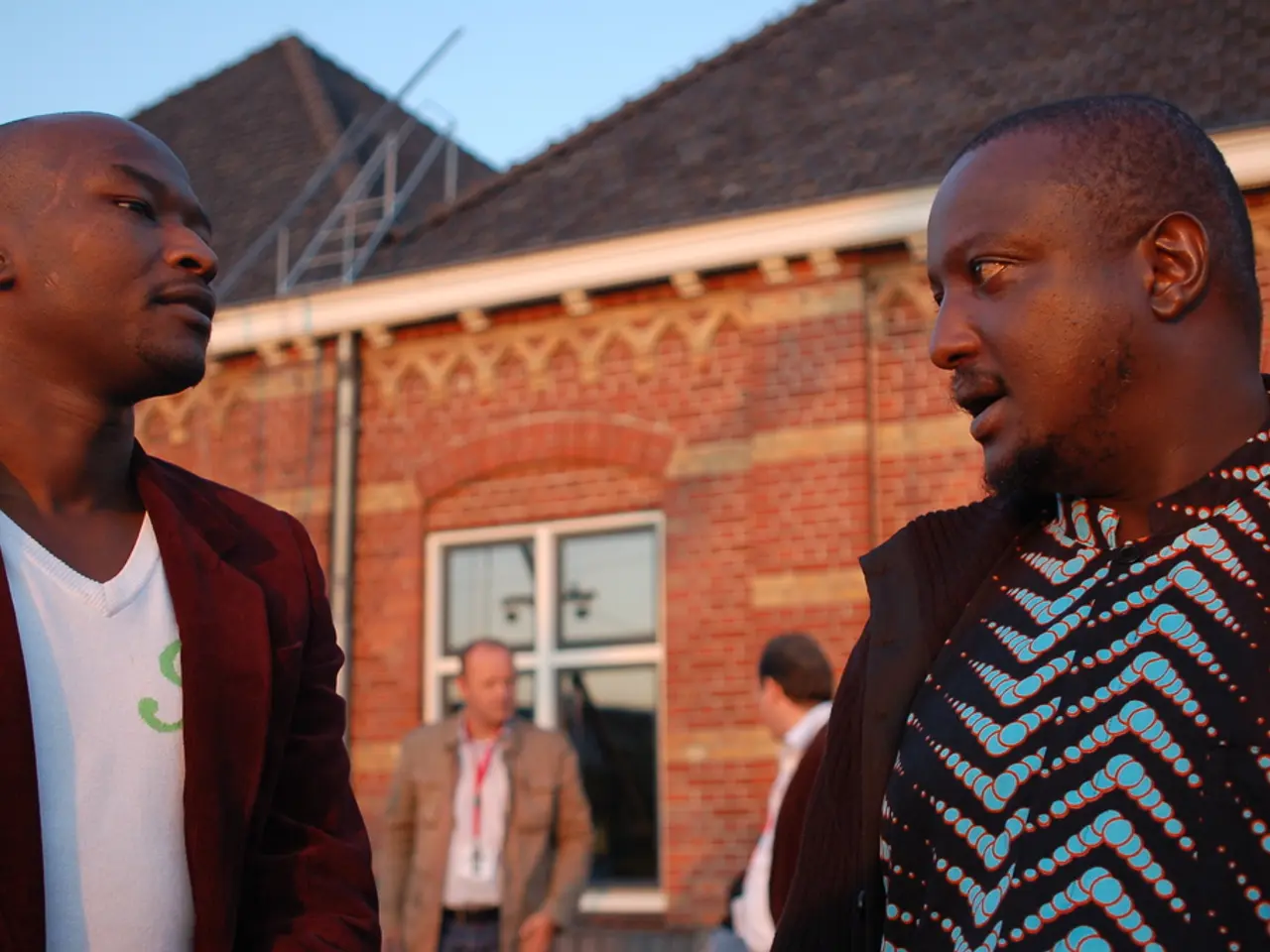Ranking of Africa's Longest-Standing Nations - Historical Listing
In the early to mid-20th century, several African nations declared their independence, marking the end of colonial rule and the beginning of a new era. This article takes a closer look at some of the oldest independent African nations, their historical backgrounds, and their significant contributions to the continent.
Egypt, one of the oldest civilizations in the world, declared independence from Britain on February 28, 1922. Although British influence lingered for decades, this political milestone was a significant step towards self-rule.
In North Africa, Morocco reclaimed its centuries-old statehood, gaining independence from French and Spanish colonial control on March 2, 1956. Its strategic location and rich cultural heritage made it a key player in the region's balance of power.
The United Kingdom of Libya, led by King Idris I, emerged as Africa's geographically richest nation in oil reserves, following its peaceful independence from Italian colonization on December 24, 1951, under UN supervision.
South Africa, already a mining powerhouse by 1910, gained independence as a self-governing dominion within the British Empire on May 31, 1910. Economically, it was one of the most significant nations on the continent.
Going back further in history, Ethiopia, one of the world's longest-existing sovereign nations, dates back to around 980 BC. Its history as an independent state predates many other African nations, making it not only Africa's oldest continuous nation but one of the most enduring civilizations in the world. The Battle of Adwa in 1896 cemented Ethiopia's status as a symbol of African resistance, decisively defeating Italian forces and preserving its independence during the colonial era.
Sudan, strategically located along the Nile, had been a crossroads for African and Arab civilizations for millennia. Its independence from the British-Egyptian administration occurred on January 1, 1956, following a growing nationalist movement and diplomatic pressure. Sudan's early independence was marked by optimism, but the nation soon grappled with internal divisions, leading to decades of conflict.
Liberia, founded by freed African Americans and formerly enslaved people from the United States, declared independence on July 26, 1847, becoming Africa's first republic. Its political system mirrored that of the U.S., and its flag remains similar to the American flag, symbolizing its unique origins.
Guinea's independence, inspired by a wave of liberation movements across Francophone Africa, took place on October 2, 1958, under the leadership of Ahmed Sékou Touré. Its long history of self-rule has given it a unique place in African identity and Pan-African thought.
Tunisia became independent from France on March 20, 1956, following a combination of nationalist political activism and strategic diplomacy.
Each of these nations carries deep cultural legacies, intertwined with global events and shaping African heritage. Cairo's intellectual, cinematic, and political influence stretched far beyond its borders, shaping much of Africa's mid-20th-century discourse.
These historical milestones not only marked the beginning of self-rule for these nations but also inspired a wave of independence movements across the continent. Ghana, for example, gained independence on March 6, 1957, becoming the first sub-Saharan African country to break free from European colonial rule in the 20th century. Its independence was celebrated across the continent and symbolized the dawn of a new African era.
While this list focuses on the oldest independent African nations, it's essential to remember that each African nation has its unique history and contributions to the continent's rich cultural tapestry. These nations serve as a testament to Africa's resilience, diversity, and enduring spirit.
Read also:
- Impact of Alcohol on the Human Body: Nine Aspects of Health Alteration Due to Alcohol Consumption
- Understanding the Concept of Obesity
- Lu Shiow-yen's Challenging Position as Chair of the Chinese Nationalist Party (KMT) Under Scrutiny in Donovan's Analysis
- Tough choices on August 13, 2025 for those born under Aquarius? Consider the advantages and disadvantages to gain guidance








